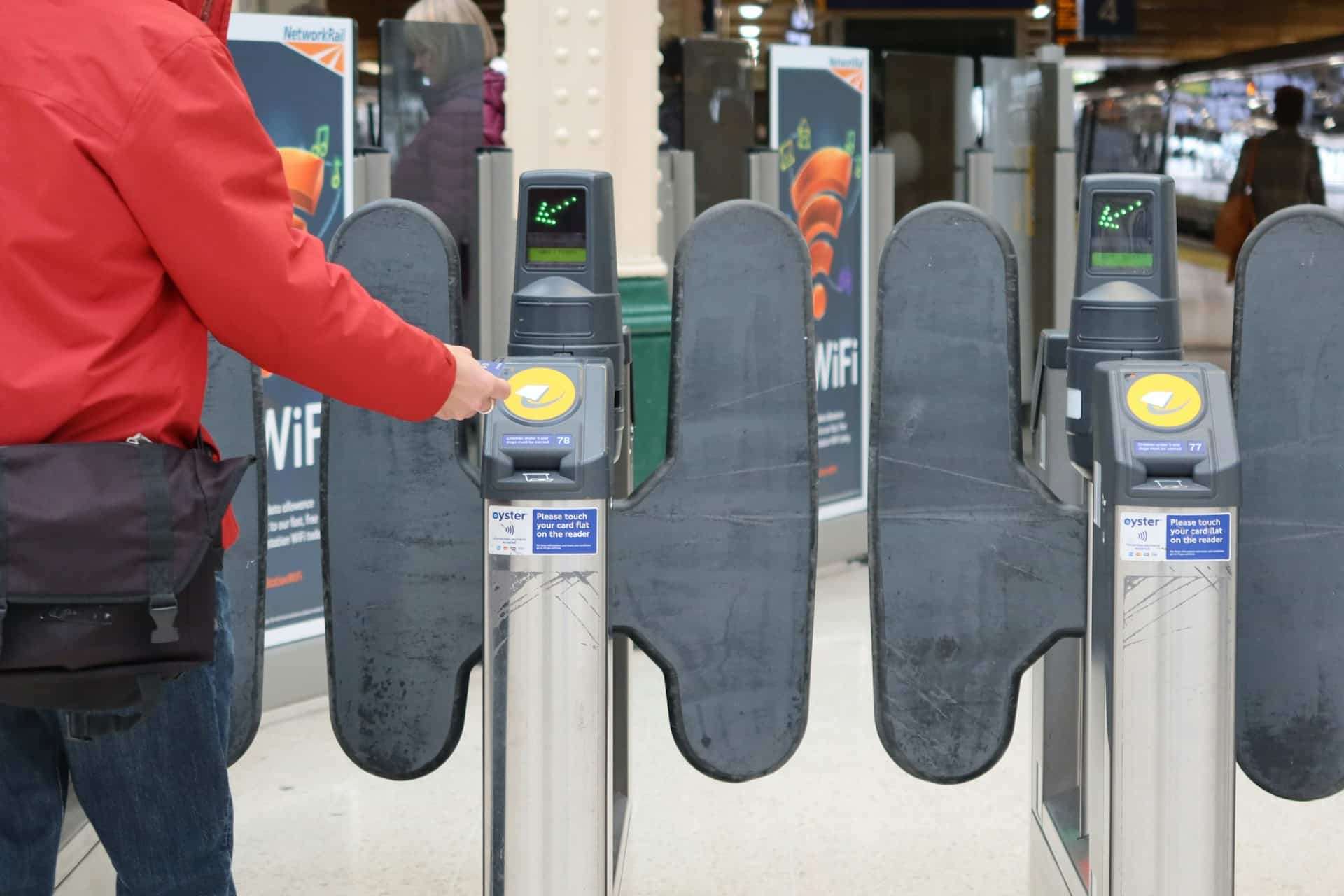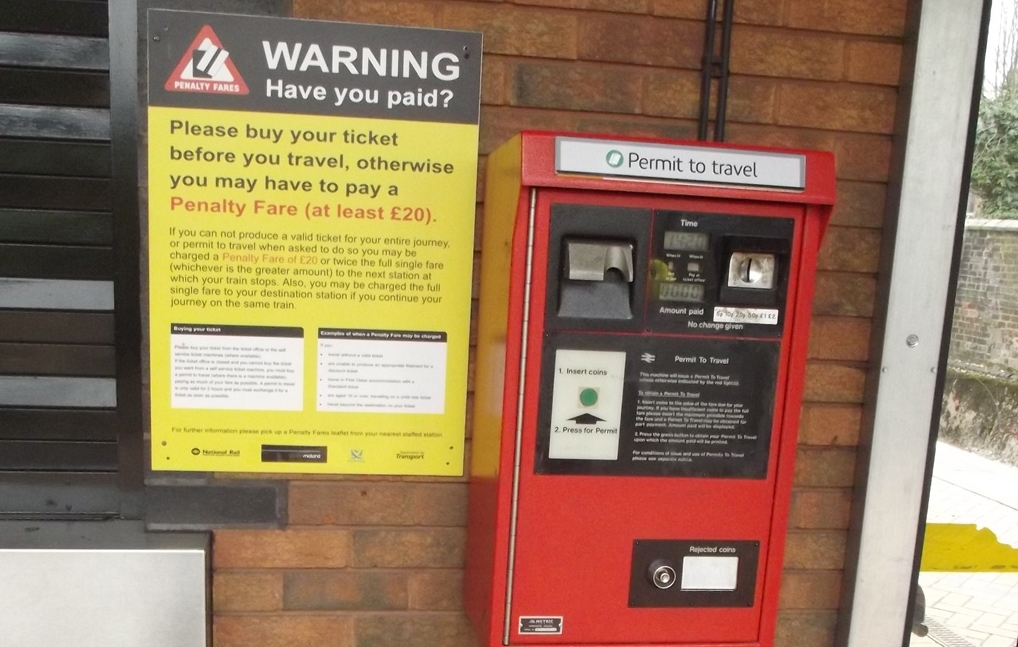Fare evasion might appear to some as a minor misstep—perhaps you forgot to tap your contactless card, travelled outside your season ticket zone by accident, or borrowed someone else’s travel pass in a moment of desperation. However, as a veteran solicitor who has assisted numerous clients in fare evasion disputes, I know first-hand that skipping the correct fare can set off a chain reaction of repercussions reaching far beyond an on-the-spot penalty.
While a penalty fare notice is often the initial shock for many travellers, the real cost of fare evasion goes deeper, impacting personal finances, mental health, and even future job prospects. This article explores these wide-ranging consequences, illustrating why resolving fare evasion issues swiftly and strategically is vital. Whether you have received a penalty fare notice or simply wish to avoid potential pitfalls, understanding the full ramifications of fare evasion is the key to protecting your finances, reputation, and peace of mind.
Financial Penalties and Hidden Expenses
Escalation to Higher Fines
Transport operators are empowered to increase fines if deadlines are missed. A penalty fare that starts as a manageable figure can swiftly balloon into a sum that strains your budget. As interest accumulates or administrative fees are added, a once-small obligation can evolve into a daunting liability.
Court and Legal Costs
If you fail to pay or successfully appeal your penalty fare notice, the transport operator may move the matter to court. Being found guilty of fare evasion could result in more substantial fines imposed by the magistrates, as well as court costs. In addition, you might end up compensating the operator’s legal fees, substantially increasing your total financial burden.
Debt Collection Agency Involvement
Some operators turn to debt collection agencies if passengers ignore penalty notices or fail to negotiate a settlement. These agencies can be persistent, potentially affecting your credit score or even leading to more serious enforcement measures if you remain unresponsive.
Criminal Record and Career Consequences
Impact on Employment
Employers, especially those in regulated or professional sectors—finance, legal, healthcare, or government—often run background checks on prospective hires. A criminal record for fare evasion can cast doubts on a candidate’s reliability or integrity, potentially undermining job offers or stalling promotions.
Restrictions on Travel and Immigration
Overseas employers, as well as immigration authorities, frequently scrutinise criminal histories. A fare evasion conviction, though it may seem insignificant compared to serious felonies, could still complicate visa approvals, especially for countries maintaining strict entry rules.
Professional Licences and Registrations
Certain professional bodies require members to maintain clean records. A fare evasion conviction might tarnish your standing or delay re-certification.
Emotional and Psychological Toll
Stress and Uncertainty
Worry about looming payment deadlines, threats of increased fines, or a potential court summons can be deeply stressful.
Damage to Self-Confidence
Even an unintentional lapse—like travelling in the wrong zone—can provoke negative self-judgement or embarrassment.
Long-Term Anxiety
Fear of repeated checks, ongoing stigma, or possible repercussions in professional settings can linger.
Impact on Public Transport and Fellow Passengers
- Revenue Loss and Service Quality: Unpaid fares can add up to substantial revenue shortfalls for operators.
- Resentment Among Passengers: When honest passengers see others boarding without paying, frustration and resentment can develop.
- Stricter Enforcement Methods: Repeated or widespread fare evasion often prompts transport operators to invest in more rigorous checks.
Dealing with Allegations of Fare Evasion
- Respond Quickly: Ignoring notices often escalates matters. Read the letter carefully, note payment or appeal deadlines, and decide whether to pay, dispute, or negotiate a settlement.
- Compile Evidence: If you believe the notice is unjust, collect relevant documents such as receipts, bank statements showing attempts to pay, or photographs of broken ticket machines.
- Maintain Respectful Communication: Aggressive or emotional responses rarely help.
- Seek Expert Guidance: Complex scenarios may require professional legal assistance.
Conclusion: Avoid the Far-Reaching Fallout of Fare Evasion by Taking Swift, Strategic Action
The real cost of fare evasion extends far beyond the inconvenience of an unexpected fine. From escalating fees and potential criminal records to emotional strain and reputational harm, a single misstep on public transport can trigger a host of lasting consequences.
Understanding these repercussions underscores the importance of acting quickly and prudently when confronted with a penalty fare notice. Whether you choose to pay, appeal, or negotiate a settlement, tackling the situation head-on is your best defence against mounting financial obligations, compromised career paths, and lingering stress.
If the stakes are high, seeking legal advice can make the difference between a swift resolution and a damaging outcome—ultimately safeguarding your future and peace of mind in the face of UK fare evasion enforcement.
Fare evasion might appear to some as a minor misstep—perhaps you forgot to tap your contactless card, travelled outside your season ticket zone by accident



